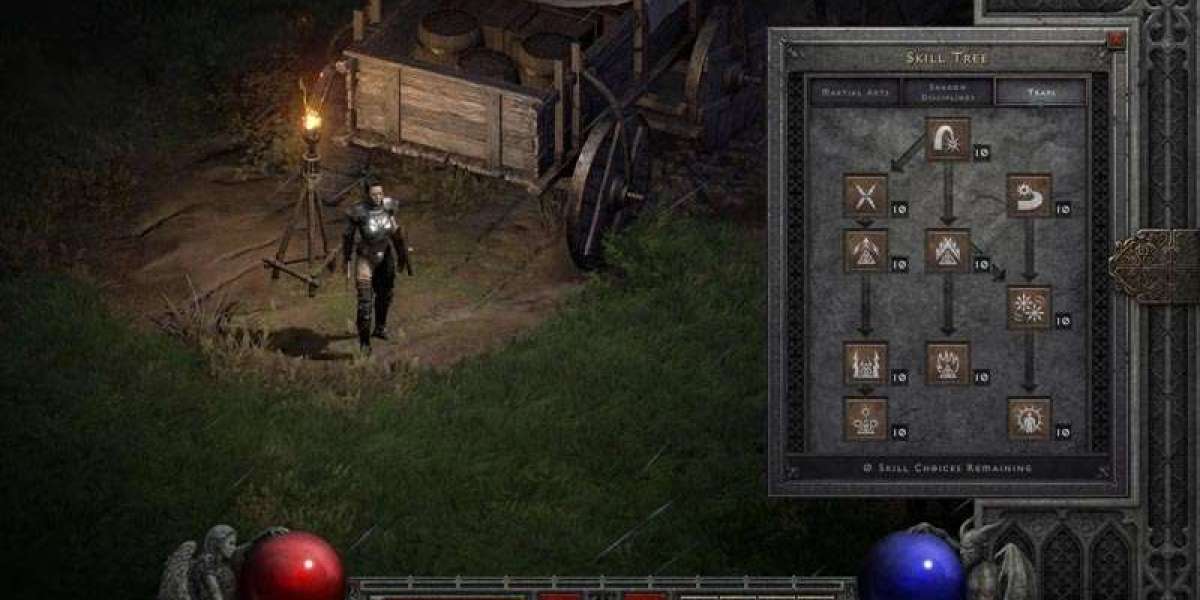Unlocking the Secrets of Your Pregnancy Journey: What to Expect Before Your Little One Arrives!
Embarking on the journey of pregnancy is one of the most profound experiences in life, filled with anticipation and joy. Understanding your pregnancy timeline based on your due date is crucial for expectant parents, as it outlines the significant milestones and physical changes that occur throughout this incredible journey. In this article, we will delve into how due dates are calculated, the transformations you can expect in each trimester, and what to look forward to as you prepare to welcome your little one into the world. Whether you are a first-time parent or looking to refresh your memory, this guide will help you navigate through the beautiful complexities of pregnancy.
Understanding Your Due Date
Your due date is more than just a date on the calendar; it serves as a pivotal point in your pregnancy journey. Typically calculated as 40 weeks from the first day of your last menstrual period (LMP), due dates can provide a framework for understanding your baby’s developmental timeline. While many pregnancies can vary, knowing your due date helps you track essential milestones such as the timing of ultrasounds and prenatal visits. It is crucial to remember that only about 5% of babies are born on their exact due date, so flexibility is key! Understanding this timeline allows you to mentally prepare for each stage of pregnancy, creating a roadmap for the weeks ahead.
First Trimester: Weeks 1-12
The first trimester marks the beginning of your pregnancy journey and is a time of profound change. From conception to the end of the 12th week, your body undergoes significant adjustments. Early pregnancy symptoms may include fatigue, nausea, and mood swings, often colloquially referred to as "morning sickness," which can occur at any time of day. Around the 7th week, many parents will have their first ultrasound, a moment that can be both exhilarating and nerve-wracking. It’s a chance to hear your baby’s heartbeat for the first time and confirm that everything is progressing as it should. Anecdotally, a friend of mine recalled how emotional she felt during this initial ultrasound, realizing that she was now responsible for a tiny life growing inside her. As your body adapts, you might also notice changes in your breasts and appetite, setting the stage for the growth that lies ahead.
Second Trimester: Weeks 13-26
The second trimester is often referred to as the "golden phase" of pregnancy, as many women experience a resurgence of energy and a decrease in early pregnancy symptoms. From weeks 13 to 26, your baby is growing rapidly, and you may begin to feel their first movements, often described as gentle flutters. This is also the stage where many parents opt for a mid-pregnancy ultrasound, a chance to see detailed images of the baby and, if desired, learn the sex. During this time, it’s common to experience physical changes, such as a growing belly and weight gain, as well as emotional developments as you bond with your baby. A close friend shared her joy when she felt her baby kick for the first time; it was a moment that solidified her connection to the little one. Understanding the growth milestones during this trimester, including the baby developing vital organs and facial features, can help you appreciate the miracle of life taking place within you.
Third Trimester: Weeks 27-40
The third trimester is both an exciting and challenging time as you near the end of your pregnancy. From weeks 27 to 40, your baby is packing on the pounds and preparing for birth. You’ll likely experience a mix of emotions, from joy and anticipation to anxiety about labor and delivery. It’s vital to prepare for labor by discussing your birth plan with your healthcare provider and attending prenatal classes. As your due date approaches, you may notice physical symptoms such as Braxton Hicks contractions, which are practice contractions that help your body prepare for the actual labor. This is also a time of reflection for many parents, as the reality of bringing a new life into the world sinks in. A friend of mine found herself creating a list of things she wanted to share with her child, a personal touch that made her feel more connected as she approached her due date. Understanding the signs of labor and what to expect can empower you and help you feel more in control during this transformative time.
Postpartum Considerations
After your little one arrives, the journey doesn’t end—it merely transforms. The postpartum period involves significant physical and emotional adjustments as you recover from childbirth and begin your new role as a parent. Physically, your body will go through healing and recovery, and it's essential to take care of yourself during this time. Emotionally, you may experience a range of feelings, from joy and love to anxiety or the "baby blues." It’s essential to reach out for support, whether from family, friends, or professionals, to navigate these changes. Many new parents, including a close friend of mine, found solace in joining support groups, where they could share their experiences and learn from others. Understanding what to expect in the postpartum phase can help ease the transition into parenthood and foster a nurturing environment for you and your baby.
Embracing the Journey of Parenthood
Understanding your pregnancy timeline based on your due date is an invaluable tool for navigating the incredible journey to parenthood. From the early days of anticipation and discovery in the first trimester to the emotional and physical preparations of the third trimester and beyond, each phase is filled with unique challenges and joys. As you prepare for the arrival of your little one, remember to embrace the journey, seek support, and cherish the milestones along the way. Every pregnancy is unique, and by familiarizing yourself with the timeline, you can approach each moment with confidence and excitement. Here’s to the adventure that lies ahead!








